Celebrating Māori film—a Waitangi Day watchlist
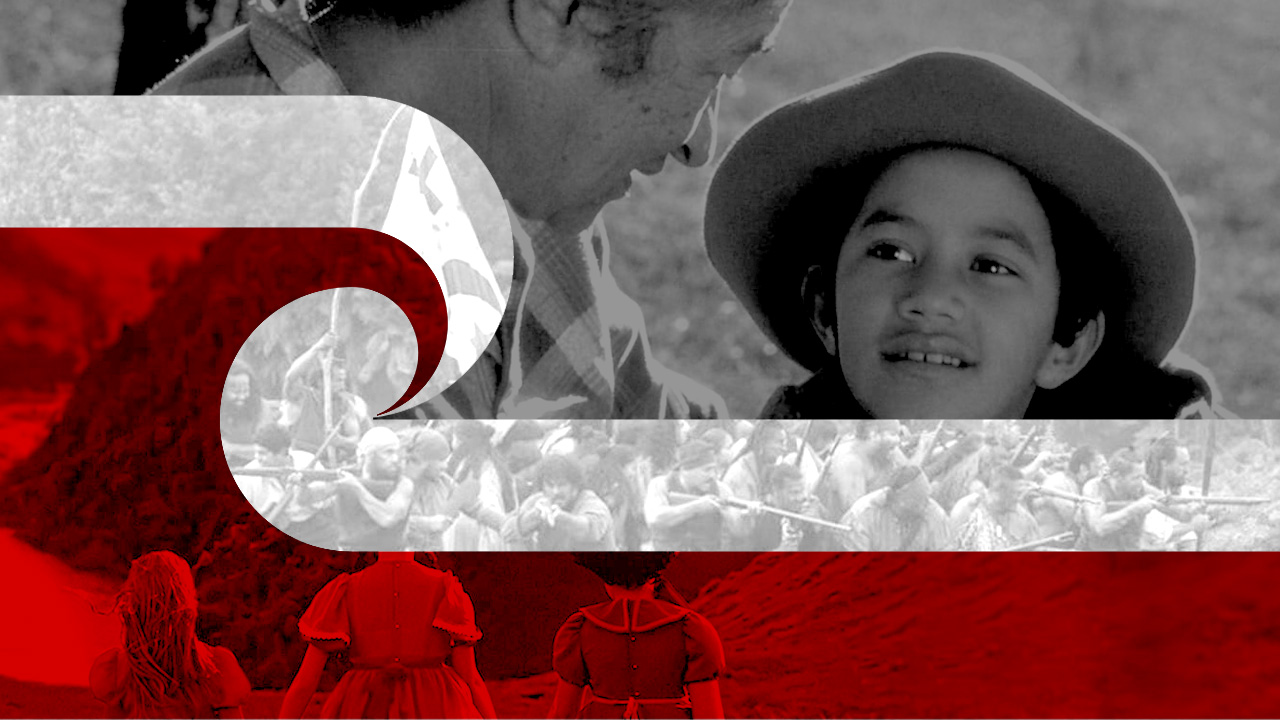
For Waitangi Day, Liam Maguren handpicks a bunch of Māori films for your viewing pleasure.
Aotearoa’s seeing a grand revitilisation of te reo Māori and te ao Māori, with cinema playing a significant role. Here’s a selection of quality Māori films to experience this Waitangi Day (or any day of the year, really).
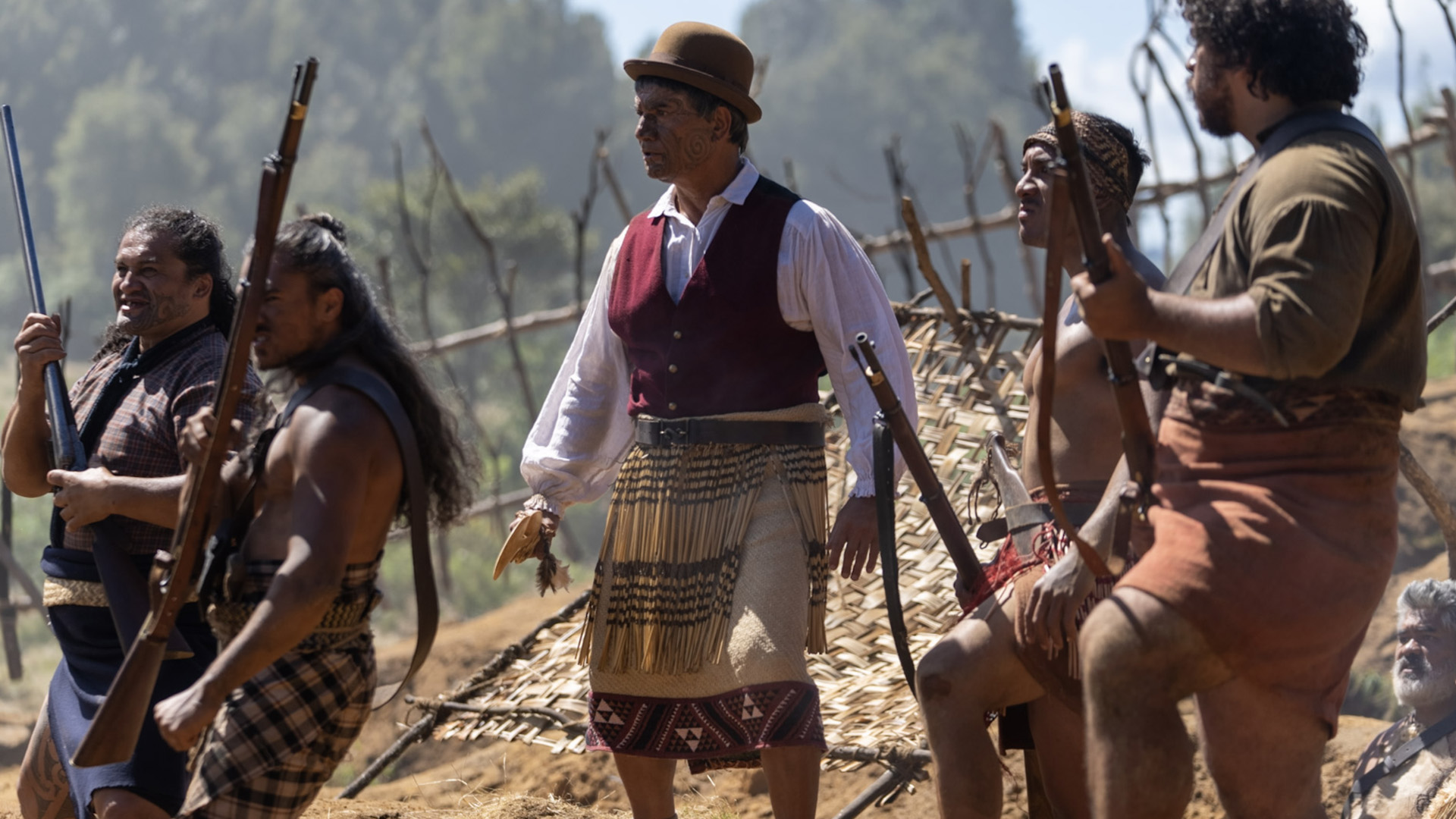
Ka Whawhai Tonu: Struggle Without End
Aotearoa screen legends Temuera Morrison, Miriama Smith and Cliff Curtis assemble for the feature debut of director Michael Jonathan. Set during the New Zealand Wars—specifically the seige of O-Rākau—the story centres on two youngsters from either side of the conflict, forming a bond and trying to survive as Māori fights against incoming colonial forces.
It’s “a searing siege film with a soaring spirit to match,” with Jonathan telling us how Geoff Murphy’s Utu sparked his desire to make cinema. The film pairs well with Lee Tamahori’s The Convert, which turns the clock back further to the Musket Wars. For a more modern conflict seen through a Māori lens, Tearepa Kahi’s Muru delivers a response to 2007’s Tūhoe police raids (a moment covered in 2015 doco The Price of Peace).
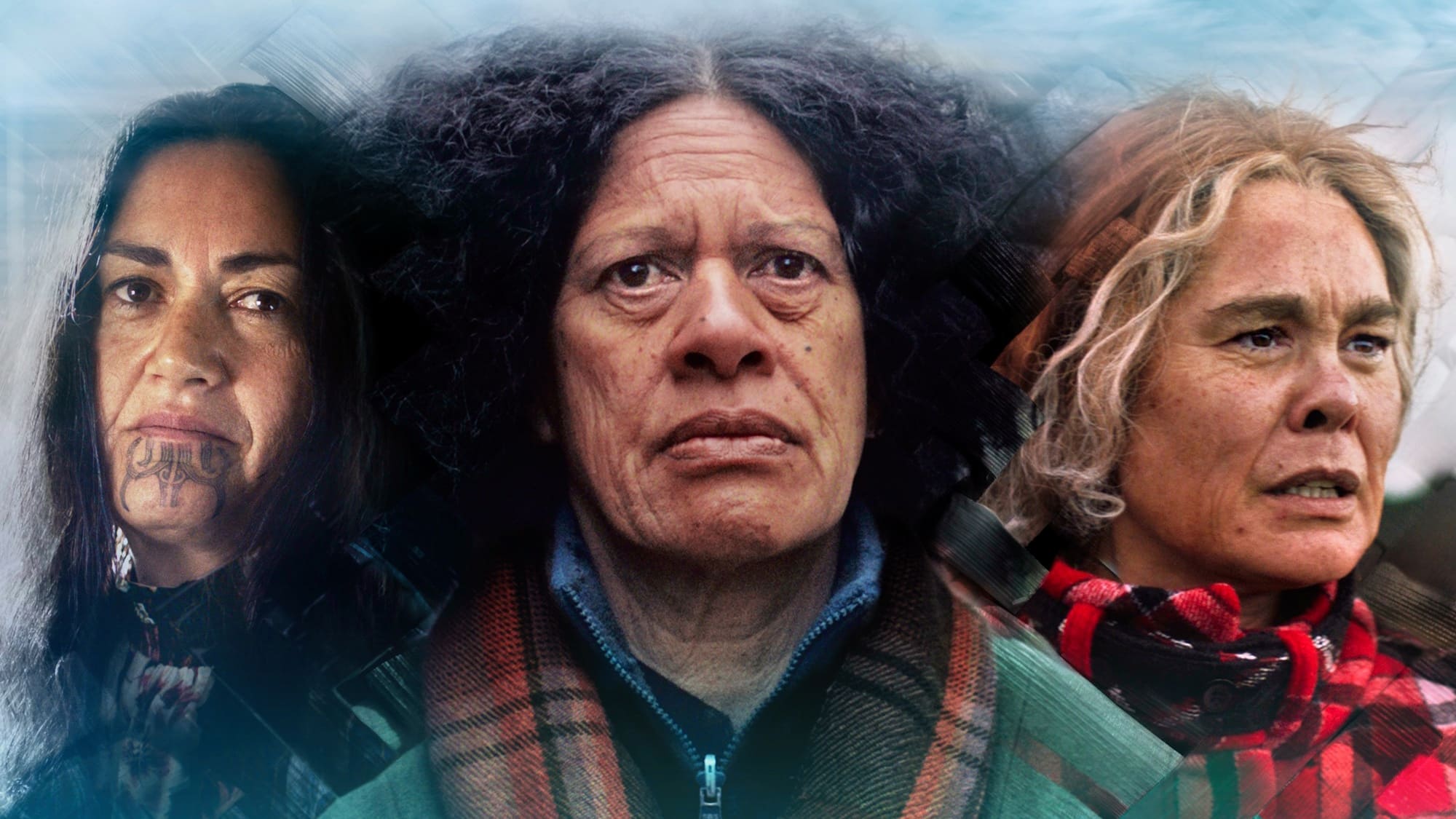
Cousins
Directors Briar Grace-Smith and Ainsley Gardiner intertwine the stories of three close cousins – from childhood, to adolescence, to adulthood – as their paths separate and reconnect through the passages of time in this adaptation of Patricia Grace’s beloved novel. Grace-Smith co-stars with Tanea Heke and Rachel House as the adult cousins while rising stars Tioreore Ngatai-Melbourne (The Convert), Hariata Moriarty (Red, White & Brass) and Ana Scotney (Millie Lies Low) as their younger counterparts.
This “deeply moving dramatic triumph” puts Grace alongside other Māori authors to have their work converted to cinema like Witi Ihimaera (Whale Rider, White Lies, Mahana) and Alan Duff (Once Were Warriors, What Becomes of the Broken Hearted?). It’s also worth mentioning Māori director James Ashcroft’s excellently grim Coming Home in the Dark ahead of the release of his second feature The Rule of Jenny Pen – both adaptations of short stories by Owen Marshall.
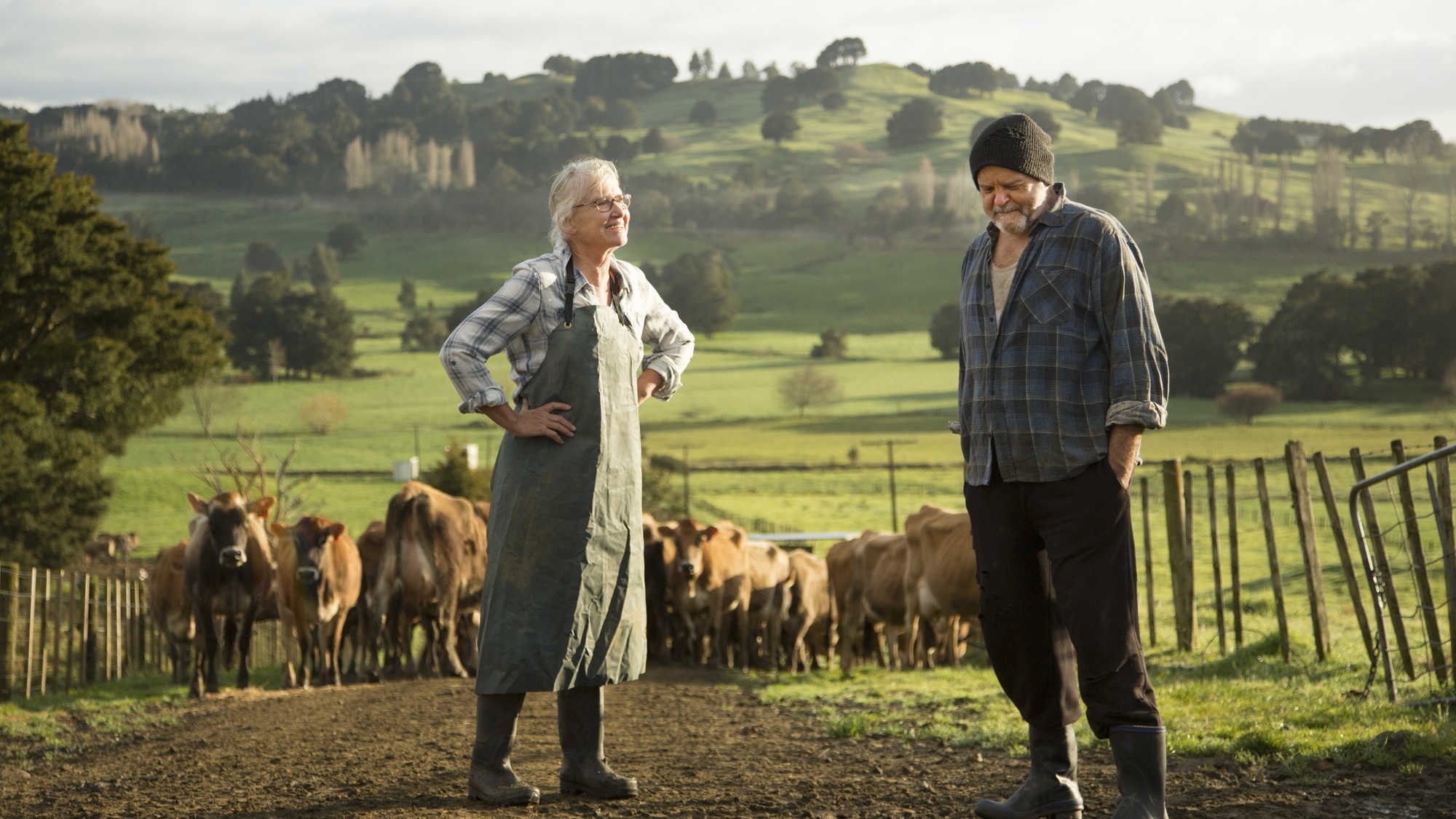
Bellbird
Filmmaker Hamish Bennett combined his two critically-beloved short films, The Dump and Ross & Beth, to create this critically-beloved feature about a stonefaced farmer-for-life Ross (Marshall Napier) who must suddenly deal with life as a widower after the passing of his kind-hearted wife (Annie Whittle). He’s not the most expressive chap, and things don’t instantly improve when his soft-spoken son (Cohen Holloway) returns home to help. But if it takes a village to raise a kid, this film shows how it can also take a community to help some men mourn.
There’s a heart-soothing lightness to the way Bennett approaches ideas like grief and male numbness – subjects often taken to bleaker territories in NZ film – that make it a winning watch. You can find a similar gentleness with his follow-up feature Uproar as well as Tearepa Kahi’s Mt. Zion, set during Bob Marley’s 1979 NZ tour, Himiona Grace’s The Pā Boys, a beautiful-looking road movie, and Barry Barclay’s Ngati, the first feature to be written and directed by a Māori filmmaker.
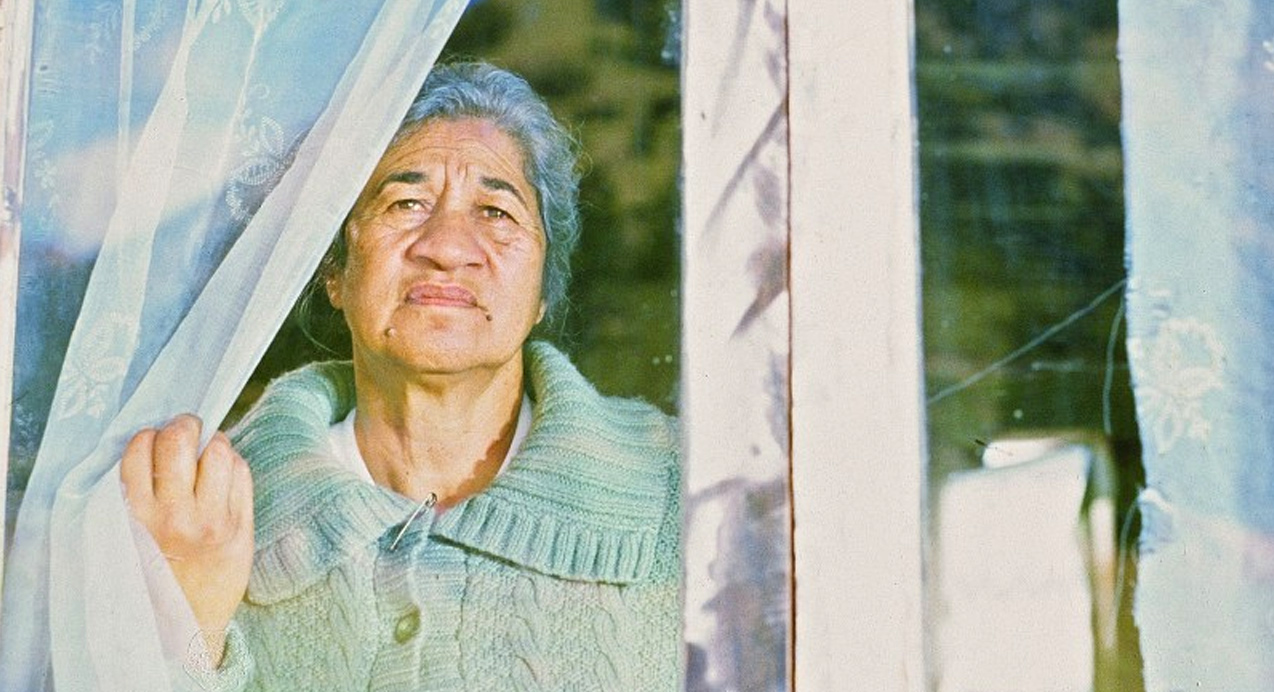
Mauri
The great Merata Mita made her writing-directing narrative feature debut with this 1988 classic. Screen legend Anzac Wallace plays a troubled man who inadvertently causes the death of a hitchhiker and assumes his identiy, escaping a bank-robbery charge and embedding himself within a tight-knit community on the East Coast. Little does he know of the tensions arising there, and the love triangle he’ll get intwined into.
True to its name, the film captures the energy of life beyond an individual person, with Mita using the camera and the landscape in stirring ways. For more films directed by wahine Māori, check out groundbreaking anthology Waru, Josephine Stewart-Te Whiu’s teen rebellion drama We Were Dangerous, Rachel House’s family film The Mountain, and Paula Whetu Jones’ biopic Whina (co-helmed by The Dark Horse director James Napier-Robertson).
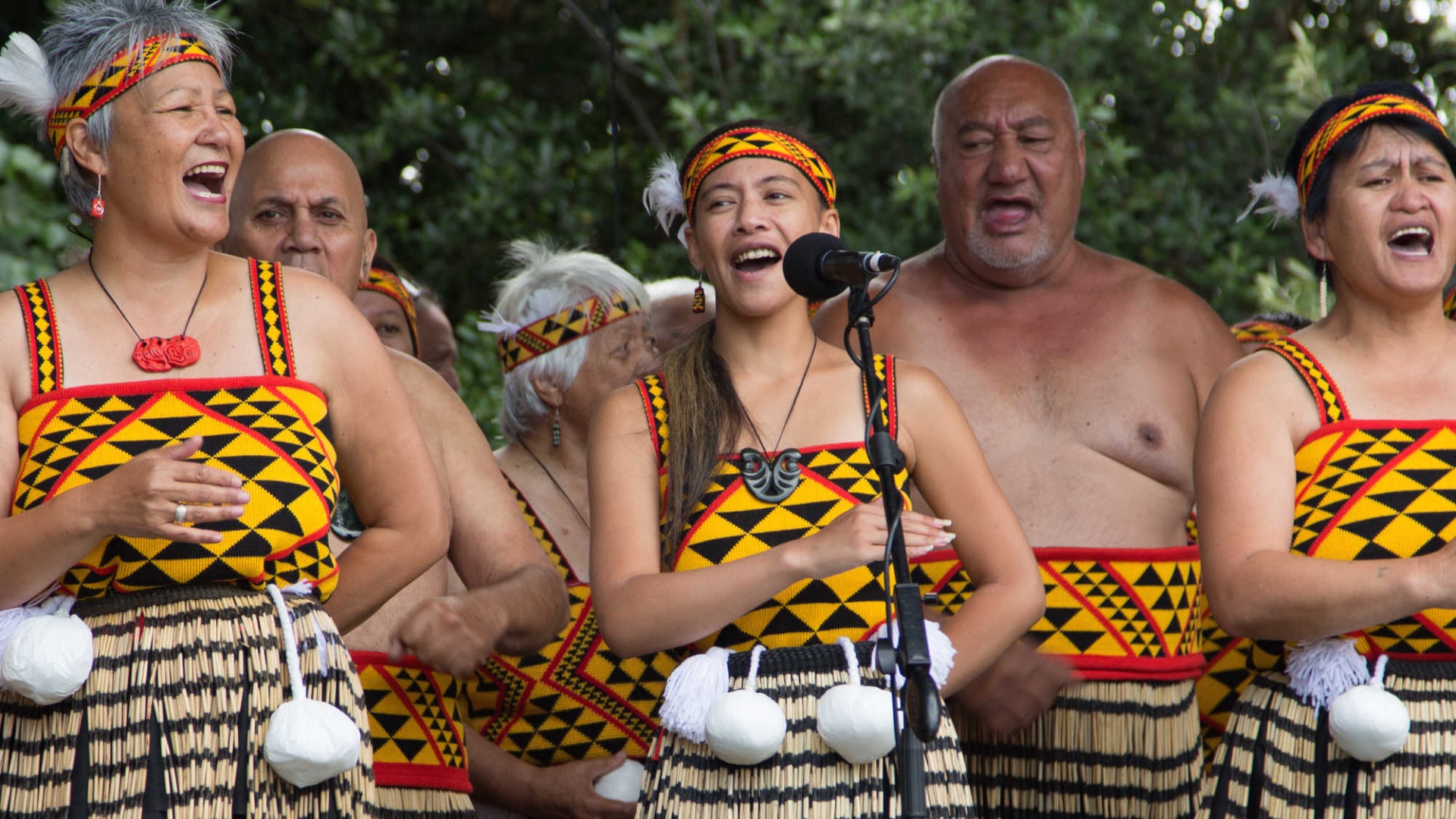
Poi E: The Story of our Song
On the surface, most countries wouldn’t get how one song could mark a significant piece in history for ol’ Aotearoa. Filmmaker Tearepa Kahi endeavours to make this moment in time understandable to everyone with this celebratory film telling the often wild, sometimes unbelievable, completely joyous story of how the song Poi E got made and dominated the NZ charts.
For similar historical deep-dives, check out Katie Wolfe’s The Haka Party Incident about the 1979 war that lasted three minutes, Whetū Fala’s Taki Rua Theatre: Breaking Barriers on the creation of the first kaupapa Māori theatre company, and Merata Mita’s vital Patu! which captures the 1981 apartheid protests.
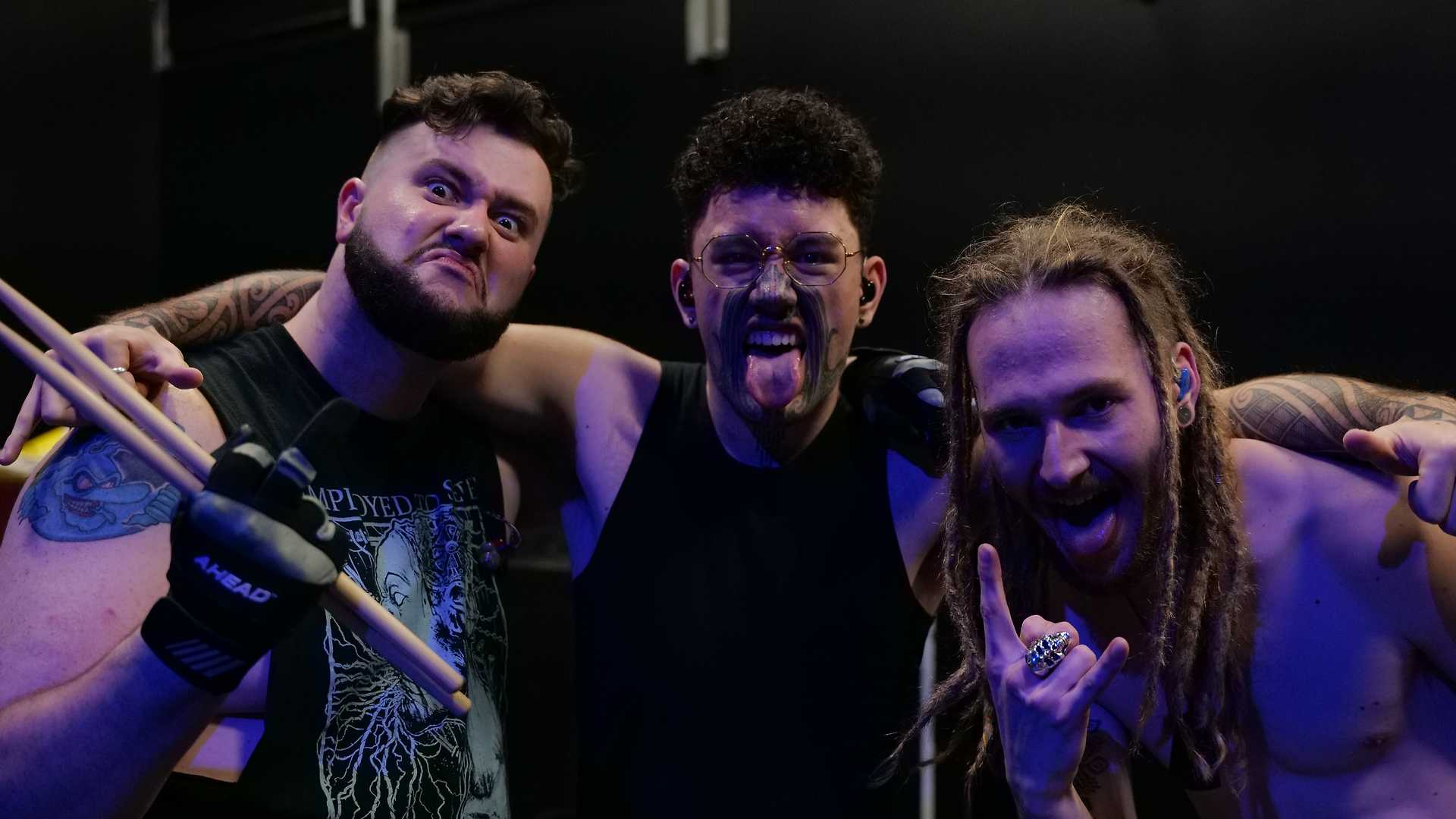
Alien Weaponry: Kua Tupu Te Ara
Te reo Māori metal band Alien Weaponry get the doco portrait treatment in this film by Kent Belcher, who followed the young musicians for years as they rose to global stardom. “Count on New Zealand to make the world’s most chilled-out documentary on a heavy metal band,” I said back when it played NZIFF. “Perhaps [it’s] due to Kent Belcher’s straight-down-the-line direction, the accepting nature of the modern metal community, the grounded-yet-goofy nature of the de Jong brothers, or the fact that the biggest moment of conflict comes down to a Lime scooter.”
If this gets you hungry for more inspiring Māori portraits, Tearepa Kahi’s Herbs: Songs of Freedom makes for a solid pairing. There’s also Heperi Mita’s Merata: How Mum Decolonised the Screen, a must-watch for NZ film heads; Toby Mills and Aileen O’Sullivan’s Whetū Mārama – Bright Star, a necessary biography on waka-building, wayfinding legend Hek Busby; Peter Wells and Annie Goldson’s Georgie Girl, the story of the world’s first openly transgender mayor Georgina Beyer; and Sarah Grohnert’s Ever the Land, which captures the birth of the country’s first ‘living building’, Te Wharehou o Tūhoe.





























